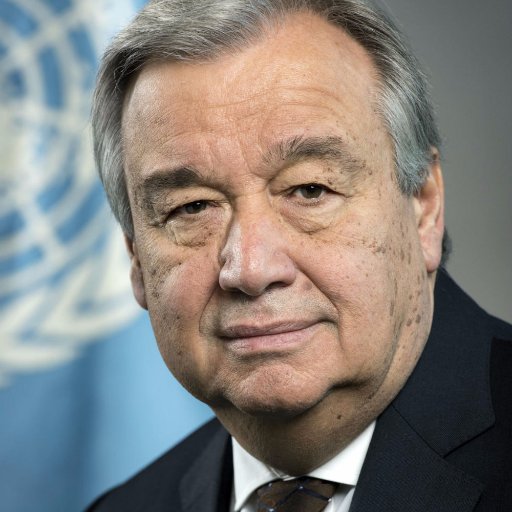
The United Nations chief raised more than $1.1 billion in pledges for humanitarian aid for Afghanistan today despite the Taliban takeover but uncertainties continue about how soon it can be delivered and whether it will reach the right hands.
Antonio Guterres’s success in obtaining the pledges which exceed a flash appeal of $606 million is an extraordinary feat so soon after the fall of Kabul to religious extremists who do not appear ready to compromise on their draconian methods of repression.
Mindful of this context, he bluntly warned: “To think that the UN is going to solve the problems that so many for so much time, with so many trillions, have not solved is obviously a complete nonsense.”
He said the Taliban regime has provided written guarantees to the UN not to interfere with any aspect of humanitarian aid deliveries and to ensure the safety of all UN personnel and helpers, including Afghans. But uncertainties remain about the regime’s behavior.
Guterres was cautiously optimistic but outside analysts may see the large humanitarian spending plans as a reward or bribe to the current Taliban government, which includes terrorists designated by both the State Department and UN. The aid could help the Taliban to stabilize their absolute control by defusing potential social unrest and giving the regime time to install their brand of severe oppression after the humanitarian crisis is over.
Like many others, the UN chief sees a strong program of humanitarian aid as providing leverage to engage with the Taliban and push forward the UN-backed international human rights agenda. Like others, he is unsure whether the Taliban can be trusted. “We will now have to see what happens on the ground. We know the situation is very complex,” he said.
“They (Taliban) made some encouraging statements in relation to the important questions for us, which are the participation of women, in work in general and in humanitarian work in particular, and the right of girls in all areas, all levels of education,” he told an urgently convened high-level ministerial meeting to discuss Afghanistan’s humanitarian needs.
“But do not imagine that the UN will be able to determine how the (Taliban) government will be, how the government will rule, how the situation will evolve… I mean our capacity is what it is,” he said.
“I think there are false expectations about what the UN can do. I mean we have no army. And we have seen even those with armies what they manage. We have not the financial capacity that countries have, both from the positive and the negative, because they can give money or freeze accounts. We have not that possibility.
“We are present in Afghanistan with our people having nothing else but our commitment to the Afghan people. To think that the UN has the capacity to solve the problems that during 20 years were not solved by hundreds of thousands of soldiers, I do not know from how many countries, is a complete nonsense,” he added.
What the pledges show is the great wave of international solidarity for Afghanistan’s unfortunate people as they face a harsh winter after being struck down by droughts and the Covid-19 pandemic, which have left most Afghans at the brink of starvation and disease.
“Many people could run out of food by the end of this month, just as winter approaches. And, of course, COVID-19 continues to stalk the country. Today, one in three Afghans do not know where their next meal will come from. The poverty rate is spiraling – and basic public services are close to collapse,” he pointed out.
It was remarkable meeting at short notice because there were 156 participants, of which 96 were UN member governments and half of them spoke at the ministerial level. Almost the entire global humanitarian community also attended including 33 international and regional organizations and 22 international NGOs.
“It is a level of participation that shows how much this is a crucial issue at the present moment for the international community,” Guterres noted.
It underlined the idea that “humanitarian aid needs to be provided safely, needs to be provided in full respect of humanitarian principles – impartiality, neutrality, independence, needs based – and at the same time, with a particular concern in relation to the participation of women and girls, and the rights of women and girls, in the context of the program of support and assistance to the Afghan people,” he added.
















